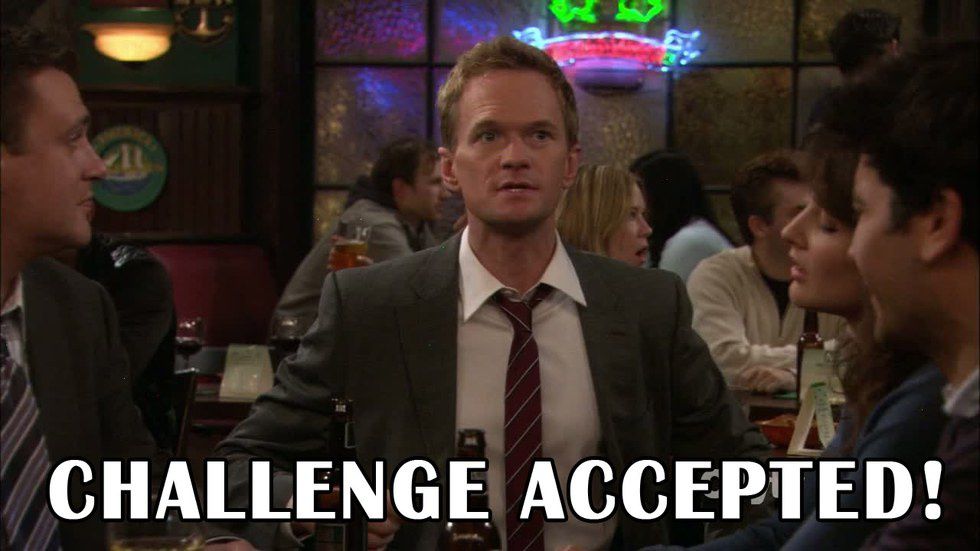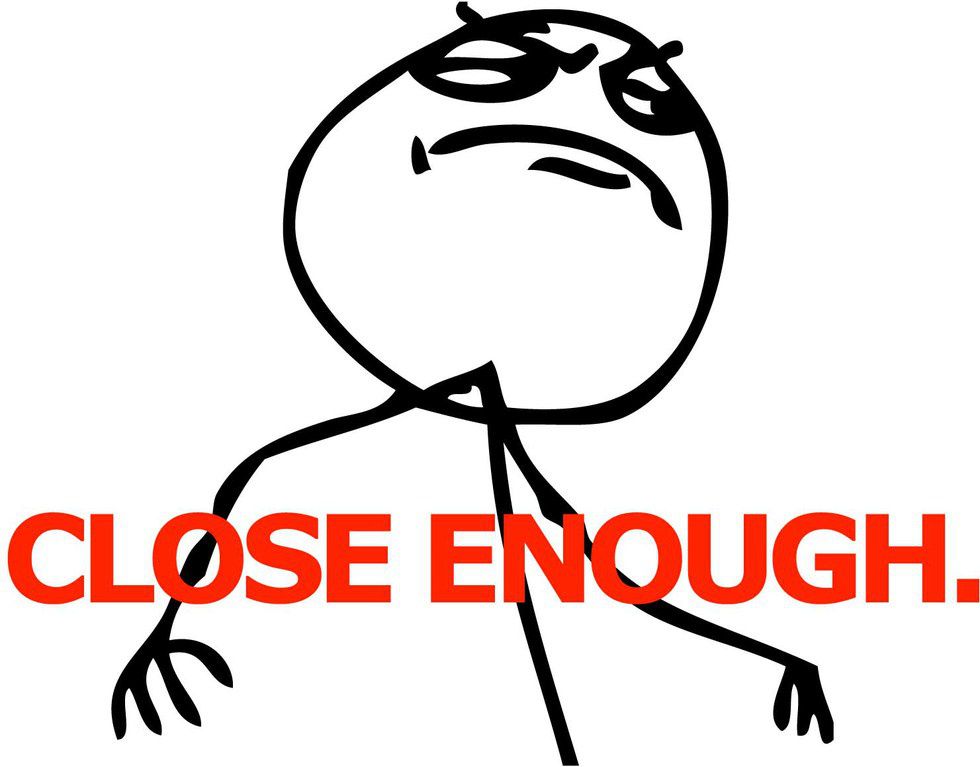Last week I wrote “Not All Abuse Leaves Bruises”, and after some feedback I realized something very important. Children don’t have the opportunity to leave their abusive homes. Sometimes they are fortunate enough to have one parent that isn’t an abusive and is able to get them out of the situation. I was a child of abuse, and I was lucky to have a mother who recognized the abuse we were suffering and did everything in her power to get us out of that environment. But all too often children are abused by both parents. Childhelp.org defines child abuse as “when a parent or caregiver, whether through action or failing to act, causes injury, death, emotional harm or risk of serious harm to a child.” Child abuse can be anything from physical harm to neglect of a child. I feel that it is important for adults to know and understand the signs of child abuse, and to know what to do to save any child who is suffering abuse.
There is a lot of controversy over the concept of a child being abused by a parent or family member. It is often thought that if a parent isn’t leaving physical marks on their child, then the child isn’t being abused. Sometimes abuse is masked as discipline, but there is a huge difference. Discipline is meant to correct and teach a child the difference between right and wrong. Hitting and yelling at a child who doesn’t understand why is abuse. Children are still developing, and expecting a child to understand things the same way as adults is out of the question. There are obvious signs that a child may be being abused at home. Slow development, aggression toward others, fear, anxiety, suicidal behaviors, and adult behaviors are just some signs of child abuse.
Children are resilient, but they are also impressionable. They are small sponges that absorb everything around them. Of course, children need discipline and to be taught right from wrong, but there is a right and wrong way to discipline. Calling a child worthless, screaming and cursing, or making them feel as if they are always wrong, are just a few examples of how a child should not be treated. A child that is abused will live with the effects of that abuse for the rest of their life. Even a child being raised in a home where drugs or alcohol are being abused is considered child abuse.
Children are naturally happy and loving. A child that has seemingly irrational fear and anxiety may be being abused. Destructive behavior, whether self-destruction or destruction toward others or things, can be an indicator of child abuse. They are most likely being destructive in the same way that they are seeing their abuser being destructive. If a child seems to have an unusual amount of injuries that they can’t seem to explain, then action should be taken. Most importantly, if a child seems starved for attention and seems dirty and unkempt, the child may be neglected.
Another important form of child abuse that some may not consider is a child witnessing abuse. A child that sees a parent scream, threaten, and hit their other parent is also experiencing that abuse. They are absorbing this, and thinking that it is normal behavior. A child grows up according to their environment, so a child that sees their father hit and scream at their mother may also grow up to enact or accept that kind of treatment. Child psychiatrists believe that raising children in a home where they see a parent abuse their other parent will cause a child to think that treatment is normal, thus creating a domino effect where the child may end up in an abusive relationship or even become an abuser themselves.
It’s a sticky subject, but child abuse and neglect is a very real problem. You probably know a child that is being abused at home. If you think that a child is being abused, you can anonymously report it through your state’s Department of Human Resources or even through the police. You can also call the National Child Abuse Hotline at 1-800-4-A-CHILD. For any information on signs of child abuse, or if you would like to help in the fight against child abuse, you can visit childhelp.org. No child deserves to live with abuse. Be their voice when they don’t have one of their own.
























